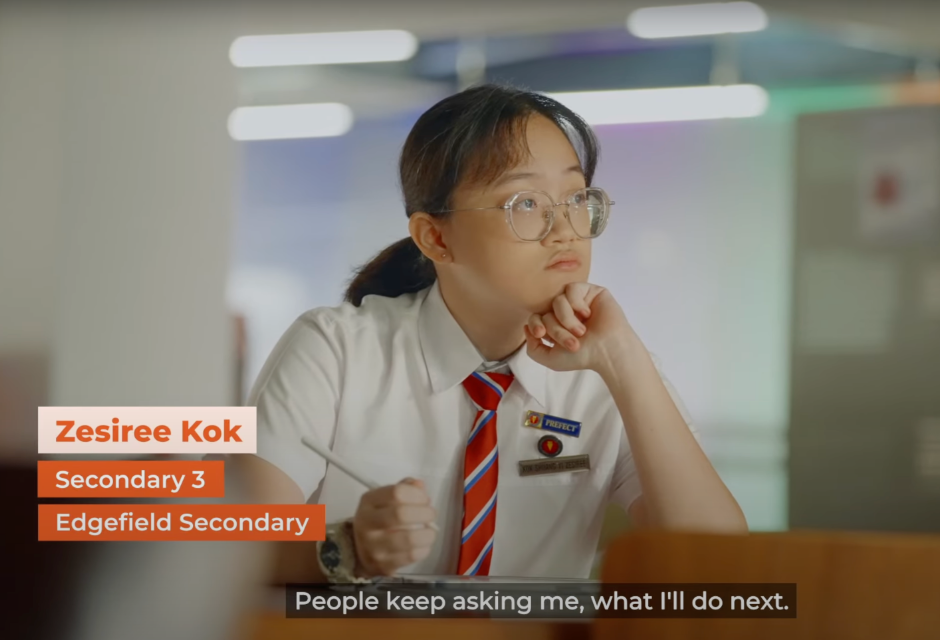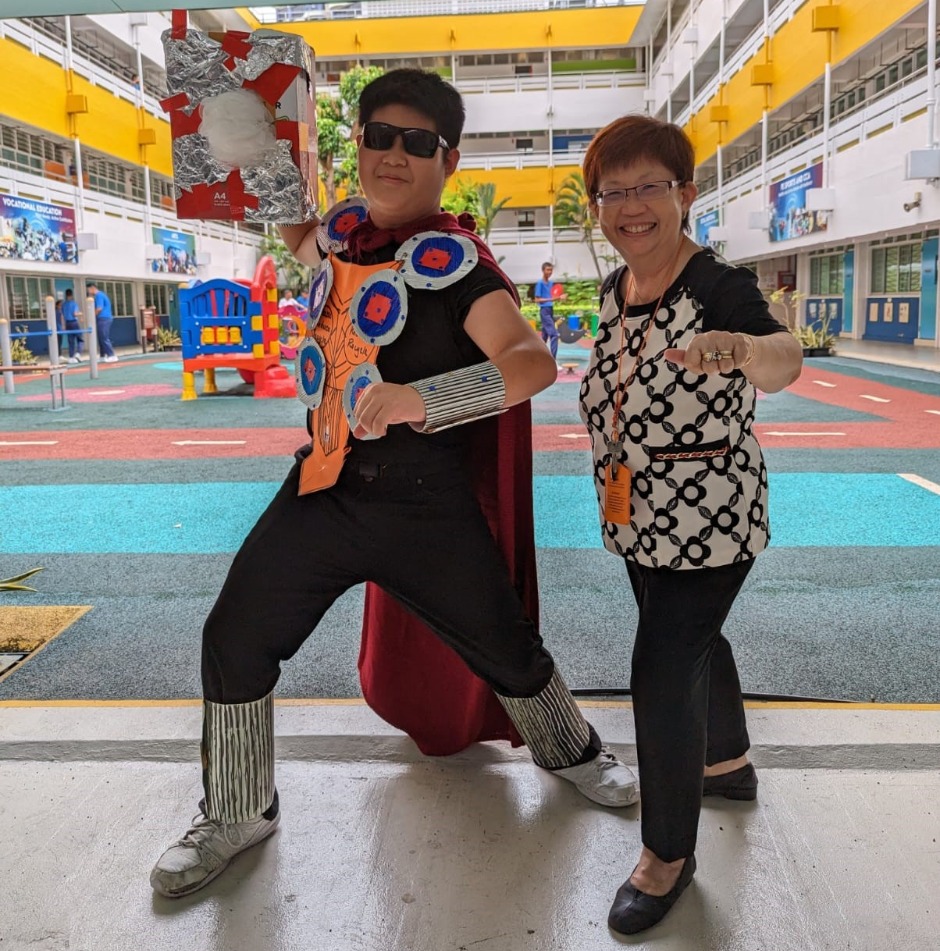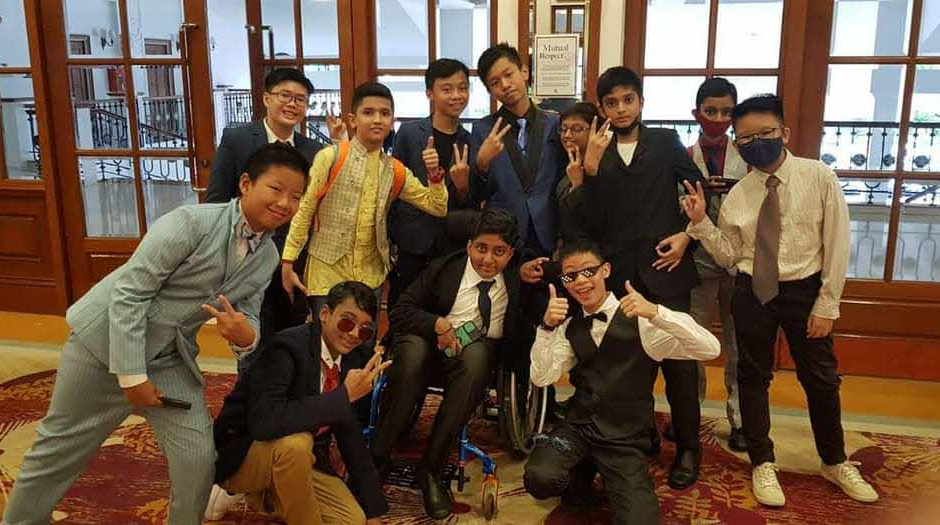Empowering Students with Special Needs
27 Nov 2013

At the Asian Women’s Welfare Association (AWWA) School, Information and Communication Technology has been effective in helping students with special needs in their learning. Photo credit: AWWA School.
To teach students with special needs, Special Education (SPED) schools have been developing their teachers and leveraging Information and Communication Technology (ICT). For the Asian Women’s Welfare Association (AWWA) School, assistive technology has proven to be effective in helping students progress in their learning. It empowers special needs students to tap on their abilities and overcome difficulties.
AWWA School caters to the needs of 250 students, between seven and 18-years old, with autism or multiple disabilities.
“The use of ICT helps to enhance learning. It can be a simple technology or an advanced one. It depends on the needs of the student,” said Mr Izad Ghalid, Head-of-Department for ICT at AWWA School.
Assistive Technologies
A simple switch for example, can make a big difference in empowering special needs students. Switches make it easy for those who are in wheelchairs or have problems with their motor skills in dealing with everyday objects. For example, they could tap on a switch to activate a blender.

Information and Communication Technologies, such as a touch screen, can help students with special needs to overcome challenges and extend their learning. Photo credit: AWWA School.
The school also uses a 3D screen and motion sensors to simulate interactive real-life scenarios. For example, students can take on the role of a dolphin trainer and train dolphins to respond to them by using hand signals. By participating in groups, students learn about motor skills, social behaviour and communication.
Teachers also build on students’ excitement by planning follow-up activities. For example, for English lessons, they would learn to describe parts of a dolphin, and for Math, students would learn to measure the length of a dolphin image.
“We also use ICT to give them a voice,” said Mrs Ruby Seah, Principal of AWWA School.
One of their students with cerebral palsy uses a jaw pointer to access social media sites like Facebook. He would don the head gear and navigate on a computer or tablet. This effectively widened his social perspective and he was able to communicate with his friends and teachers.

A jaw pointer allows students with limited motor skills to access ICT and communicate through the Internet. Photo credit: AWWA School.
“Before this, he was not able to reach out to the world, and felt lonely,” said Mr Izad, who feels that ICT makes a great tool to encourage self-directed learning.
The school also conducts workshops for parents to understand how and what their children are being taught in school. A list of educational apps on the school’s tablet computers are also shared with parents, so students can continue to use them at home and during the school holidays.
“We want to work with the parents to be able to reinforce the learning at home,” said Mrs Seah.
Professional Development of Teachers
Now with the Additional Training Vote (ATV) of $400 allocated to each registered SPED teacher on top of the current $1,100, teachers would be able to attend more courses, conferences and study trips, or purchase teaching and learning resources. The additional financial support for teacher upgrading was announced by Ms Sim Ann, Minister of State, Ministry of Education and Ministry of Communications and Information, at the SPED Learning Day on 8 November 2013.
“We identify teachers’ learning needs and match them with the school’s needs,” said Mrs Seah, “From there, we identify relevant courses.”

Mdm Nur Ariffah Bte Md Salleh (centre), 31, a teacher at AWWA School, was awarded the MOE Masters Scholarship to further her professional growth.
AWWA School also plans to use some of the funds to purchase more tablet computers, as well as digital cameras, which will be used to monitor and enable students’ learning in school. With this technological support, teachers would be able to share students’ progress with parents more effectively.
One of their teachers, Mdm Nur Ariffah Bte Md Salleh, 31, was also awarded the MOE Masters Scholarship 2013 and will be pursuing a Masters in Special Education at the National Institute of Education. She hopes to understand more about the use of ICT and assistive technology, and continue learning about special education, so she can teach and nurture her students more effectively.




.jpg)
